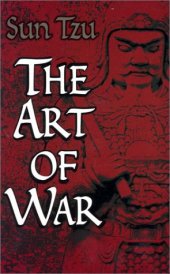Where Books Are Burnt & Why It Is Wrong
This post contains affiliate links. Please see my full disclosure here.
Book burning has been something that I’ve been seeing now and then that artists and people on Instagram are taking a part of. Is it beautiful to see? Absolutely. There’s something gorgeous about paper burning in general. But the idea behind book burning can be a very painful one which is why a lot of people lash out when they see it.
In 1823, Heinrich Heine wrote, “Dort wo man Bücher verbrennt, verbrennt man auch am Ende Menschen” which translates to “Where books are burned, in the end, people will also be burned.” Heine was a German write, poet and critic of literature.
But why is this quote important? The Nazis.

Image of the Nazi’s burning books on a bonfire from Wikipedia via Public Domain
During WWII, not only did the Nazi’s burn books but they would burn people, or at least corpses.
These book bonfires are a very strong symbol of intolerance and censorship.
In famous works of literature like Ray Bradbury’s Fahrenheit 451, firefighters start fires to destroy books. Books are not just words but feelings, ideas and can be the soul of the individual who wrote it.
So while the idea of book burning may not seem like a big deal, especially with the fact that many of these books are available digitally, it’s the message behind it.
Book burning is one of the oldest forms of censorship, barring physically silencing an individual.
The United States Holocaust Memorial Museum created an incredible video which helps explain it further.
The Nazi’s decided to burn books that were classified to be “un-German” but what classifies as that? This is a subjective decision which is why it is censorship as well as oppression. If the book doesn’t fit the world that the leader wanted (ie Hitler) then the book was destroyed.
If you are considering burning a book for imagery, in many cases it will not be taken as a cute photo or something lighthearted. To make a statement or get a point across it may be an option but to do it to get a few likes, well do not be terribly surprised if it is met with some backlash.
What are your thoughts on the idea of burning books? Do you think that people doing it now for artistic purposes are alright to do so? Or do you think that there is some significance? If they’d like to burn books for artistic purposes, how do you think they could get around the ‘taboo’ nature of doing so?
Header Image: Fred Kearney






